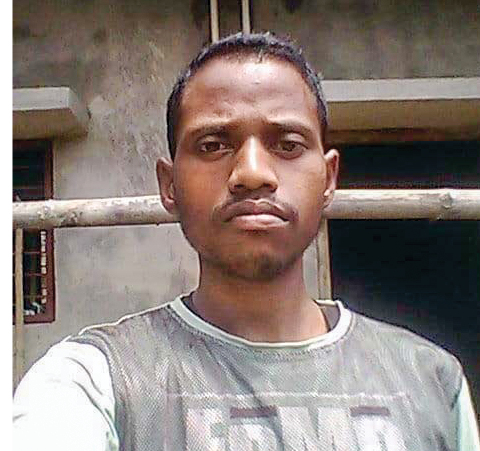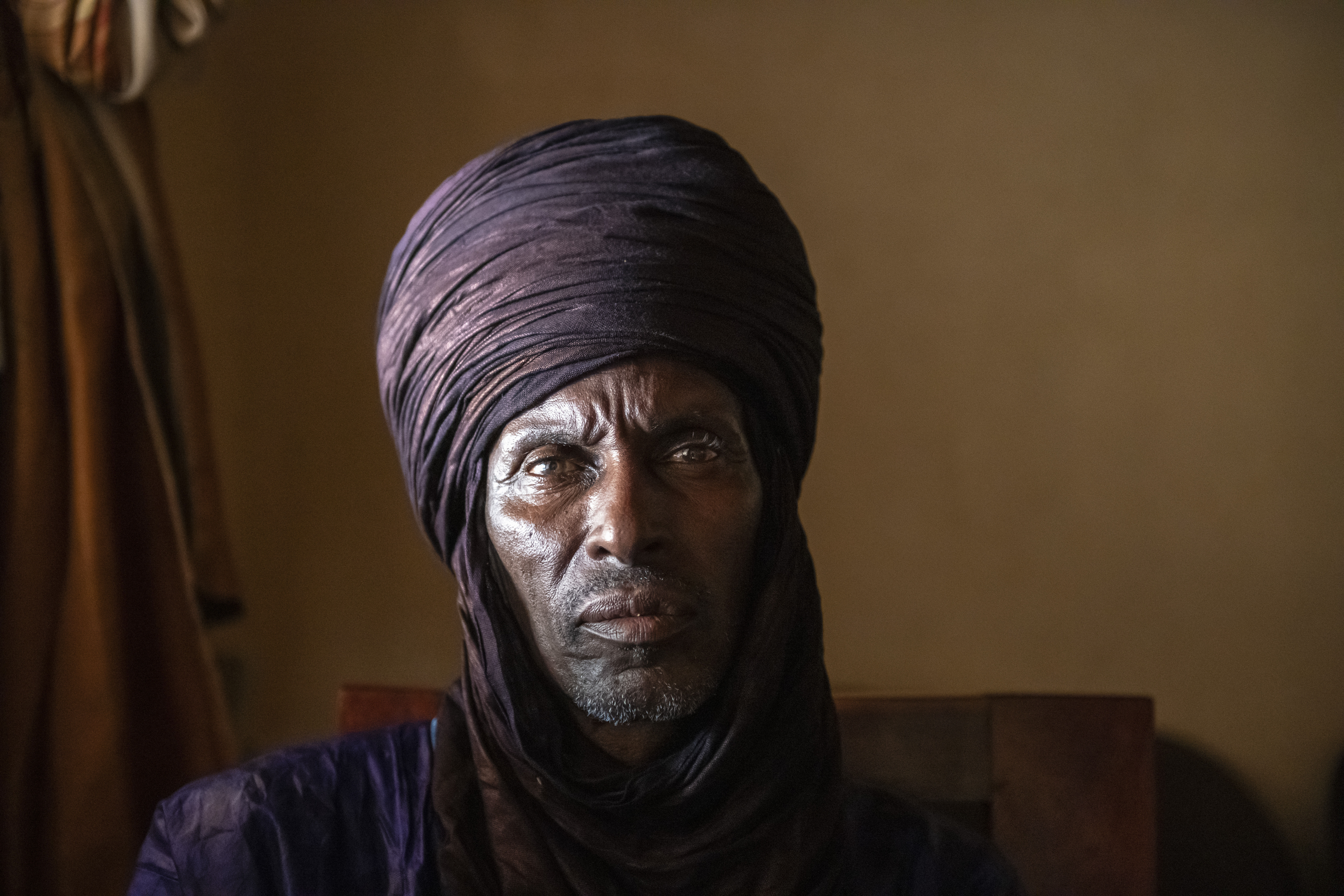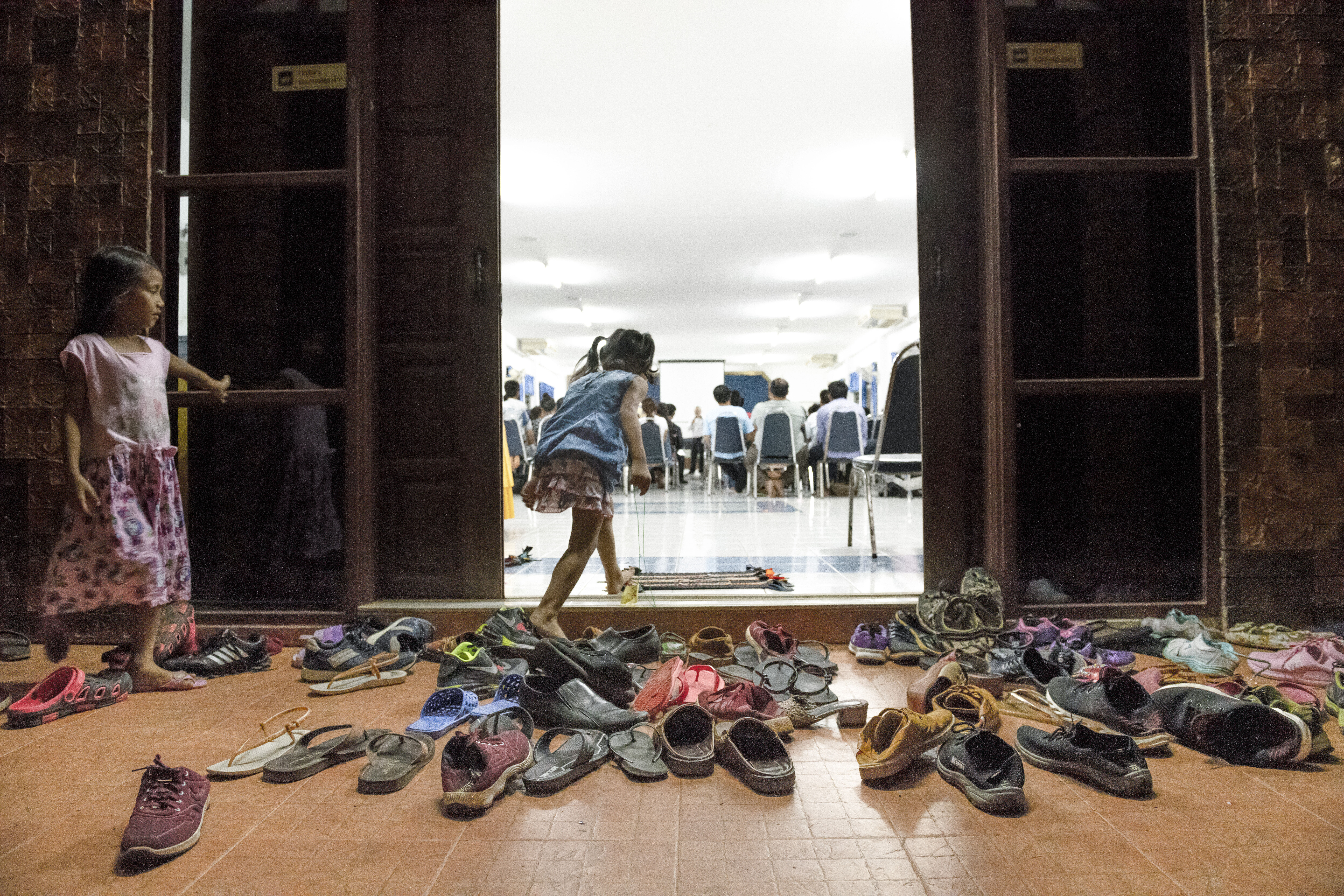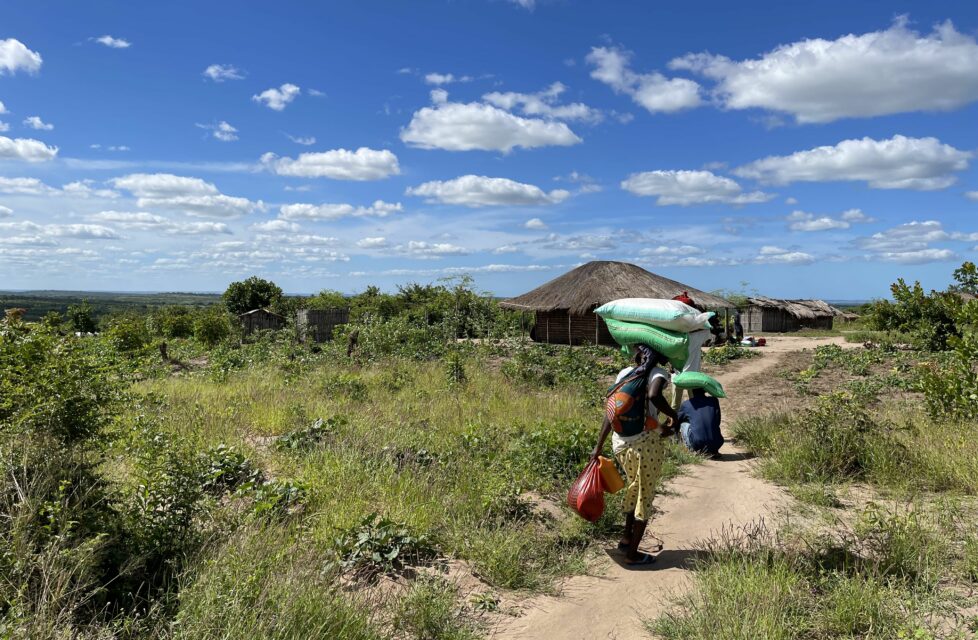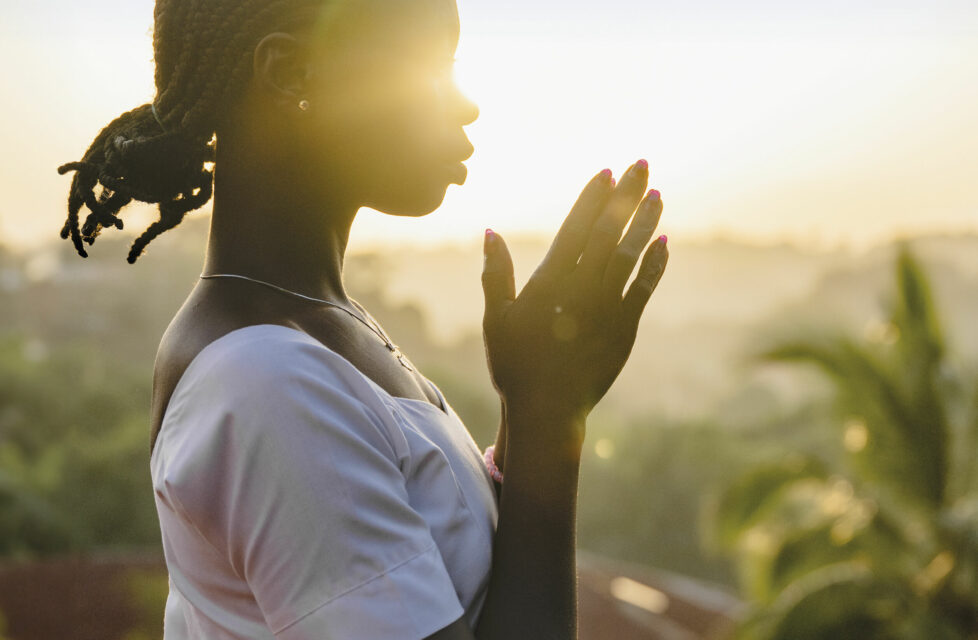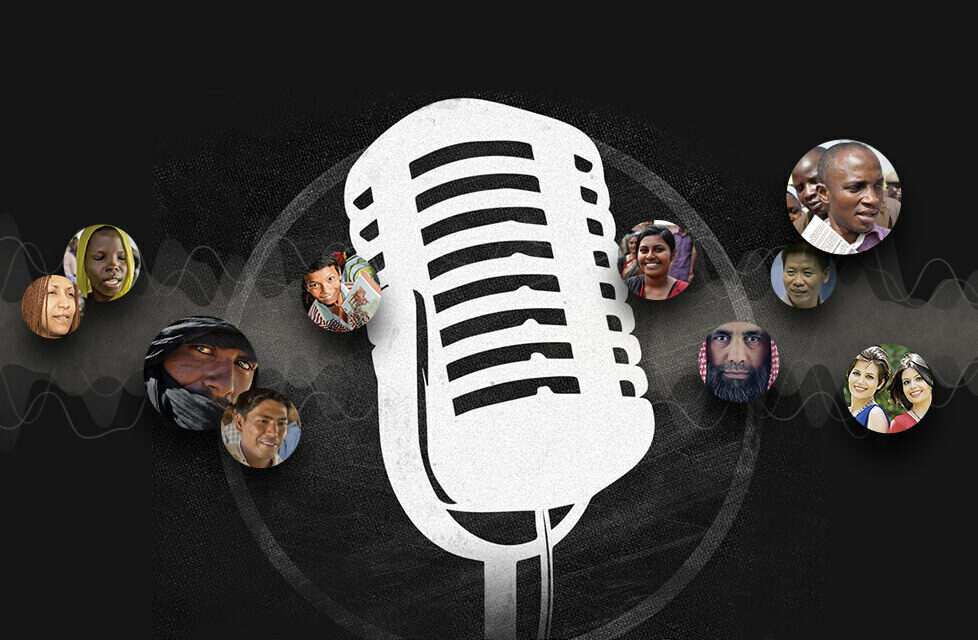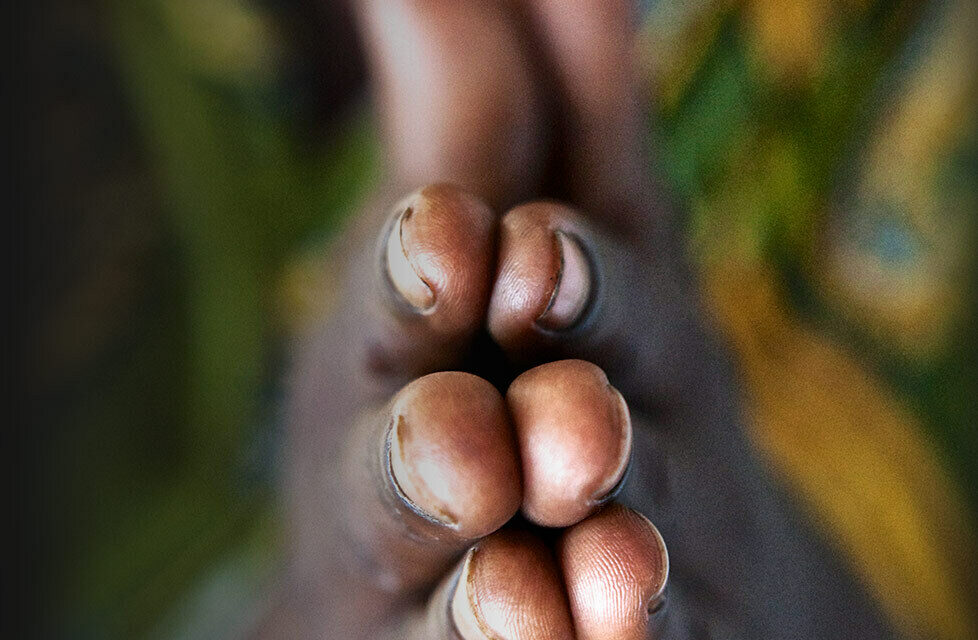Bindi met her future husband in 2017, when her father brought a young coworker named Kande to their home in India’s Jharkhand state. Among their earliest conversations was a discussion about someone named Jesus, whom Kande was eager for Bindi to know. “He told me about his life-changing experience with Jesus and the peace he had been experiencing,” Bindi recalled. “He helped lead me to accept Jesus as my Savior.” Although Bindi’s parents held animist beliefs, they approved of their daughter’s decision to follow Christ as well as her desire to join Kande in marriage. After the wedding, the newlyweds moved into a home Kande had built in a nearby village, where they were the first — and only — Christians in the Hindu community. As they got to know their neighbors, Bindi and Kande often shared the gospel with them and prayed for those who were sick. Soon, however, their Christian faith caught the attention of village leaders. And some in the community started calling them names, eventually leading to threats of violence against the couple. “With prayer and our trust in God, we continued our journey with Jesus,” Bindi said. An Unthinkable Attack Kande served at his church
Read MoreInsights From Cole Richards, VOM President, On Sharing the gospel among Islamists in Africa The following reflection is written by Cole Richards, President of The Voice of the Martyrs. In this insightful passage, he discusses the rise of violent Muslim extremism across Africa and how God is still working across the continent. The rapid spread of Islamist ideology, oppression and violence in Africa has become one of the most important stories of our time. Millions of our Christian brothers and sisters in Africa have suffered greatly, including tens of thousands who have been driven from their homes while watching their possessions and livelihoods disappear amid the Islamist dream of a global caliphate. The Fulani, an African people group composed largely of migrant herdsmen, have come to be viewed as infamous villains within this larger story. Islamists among them have carried out an extended campaign of kidnapping and butchery across several nations with significant Christian populations. Armed extremists among the Fulani are indistinguishably mixed with other tribesmen who travel widely, freely and unpredictably across West and Central Africa. While Islamist regimes and more organized terrorist groups have identifiable features (leaders, armies, police, courts, councils, etc.) that help us watch, track and respond
Read MoreInsights From Cole Richards, VOM President, On Training Young Believers The following reflection is written by Cole Richards, President of The Voice of the Martyrs. In this insightful passage, he offers insight on raising up a new generation of believers in our nation. Years ago, I was standing with the elders in a remote village near the border of Syria and Turkey as their Islamic festival began. My wife was across the square with other young mothers, and our two children, ages 3 and 2 at the time, were playing happily with a large group of toddlers. My wife, wearing the head-to-toes traditional clothing required for women, did not draw attention, but our children’s bright blond hair made them immediately noticeable to all. With the exception of us four, everyone in the village was devoutly Muslim. We knew that some were Islamists, people who sought to make their country entirely Muslim, by force if necessary. As a frontier missionary family, it had taken more than a year for us to gain enough respect to be invited to visit such an entirely unreached village. And they were still resistant to everything we shared about Christ. We were there to communicate eternal truth
Read MoreInsights From Cole Richards, VOM President, On Responding to Issues The following reflection is written by Cole Richards, President of The Voice of the Martyrs. In this insightful passage, he offers insight on being united with our persecuted family members. When I tell people about persecuted Christians, I often receive a problematic but understandable response: “The world is a big place! I care about poverty, war, natural disaster, human trafficking, lack of education, persecution and many other troubling issues. But I can engage with only a few of these many problems and needs!” I heartily agree that we are not meant to be continually immersed in the world’s problems. However, there is a critical distinction to be made. Persecuted Christians are not a problem to be solved or a need to be met. They are our family, and together with us they are the body and bride of Christ. The truth we encounter in God’s Word is the highest, most important truth. For example, the reality of a believer’s death in this world is eclipsed by the greater truth of that believer’s eternal life in the presence of the Lord. Similarly, while it is true, as I write this, that I am
Read MoreInsights From Cole Richards, VOM President, On Responding to Evil The following reflection is written by Cole Richards, President of The Voice of the Martyrs. In this insightful passage, he offers insight on how the global body of Christ can respond to acts of violence against fellow believers. There are often stories in our magazine that describe acts of cruelty. We present these true testimonies carefully and responsibly, yet readers will surely experience strong emotions as they enter into fellowship with our precious Christian family members who have suffered. The word “inhuman” is sometimes used to describe acts of cruelty and abuse, and that usage has merit in declaring the truth of evil spiritual powers that inspire the acts of wicked men. However, scripture informs us that abominable acts are inherently part of the fallen condition of lost and sinful people. We may be shocked by cruelty and wickedness, but we should not be surprised. The Apostle Paul describes the lost as being “dead in their trespasses and sins” (Ephesians 2) and quotes the Psalmist in Romans 3:13–18 to explain the extreme depth of this lostness. Apart from God, he says, “all have turned aside; together they have become worthless; no
Read More
